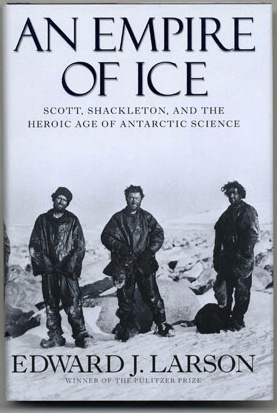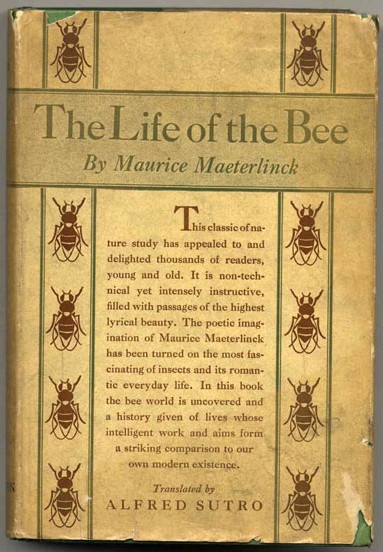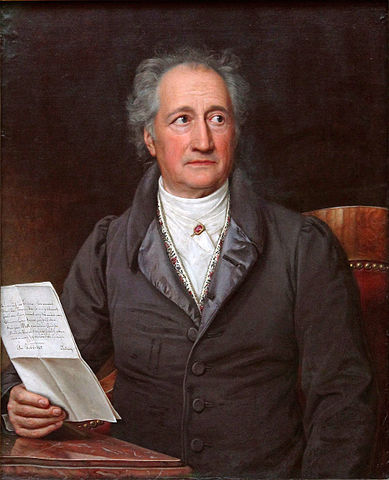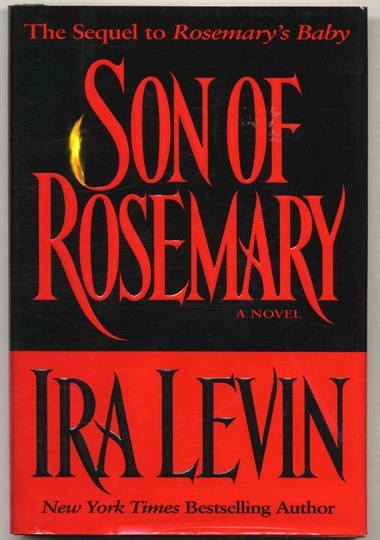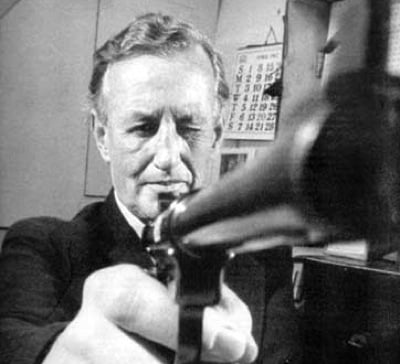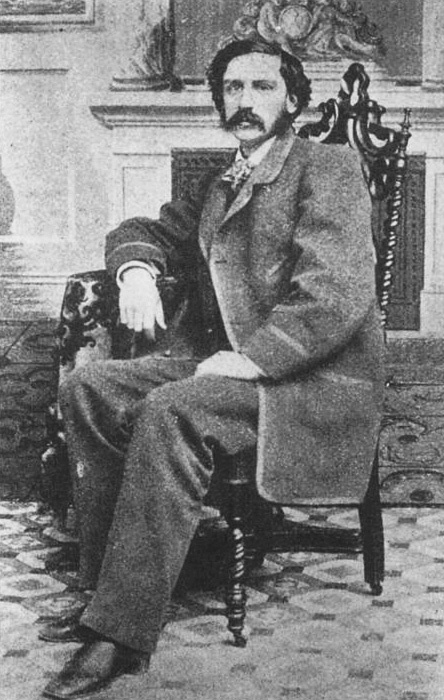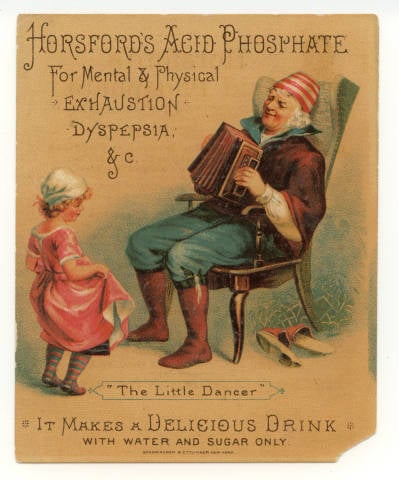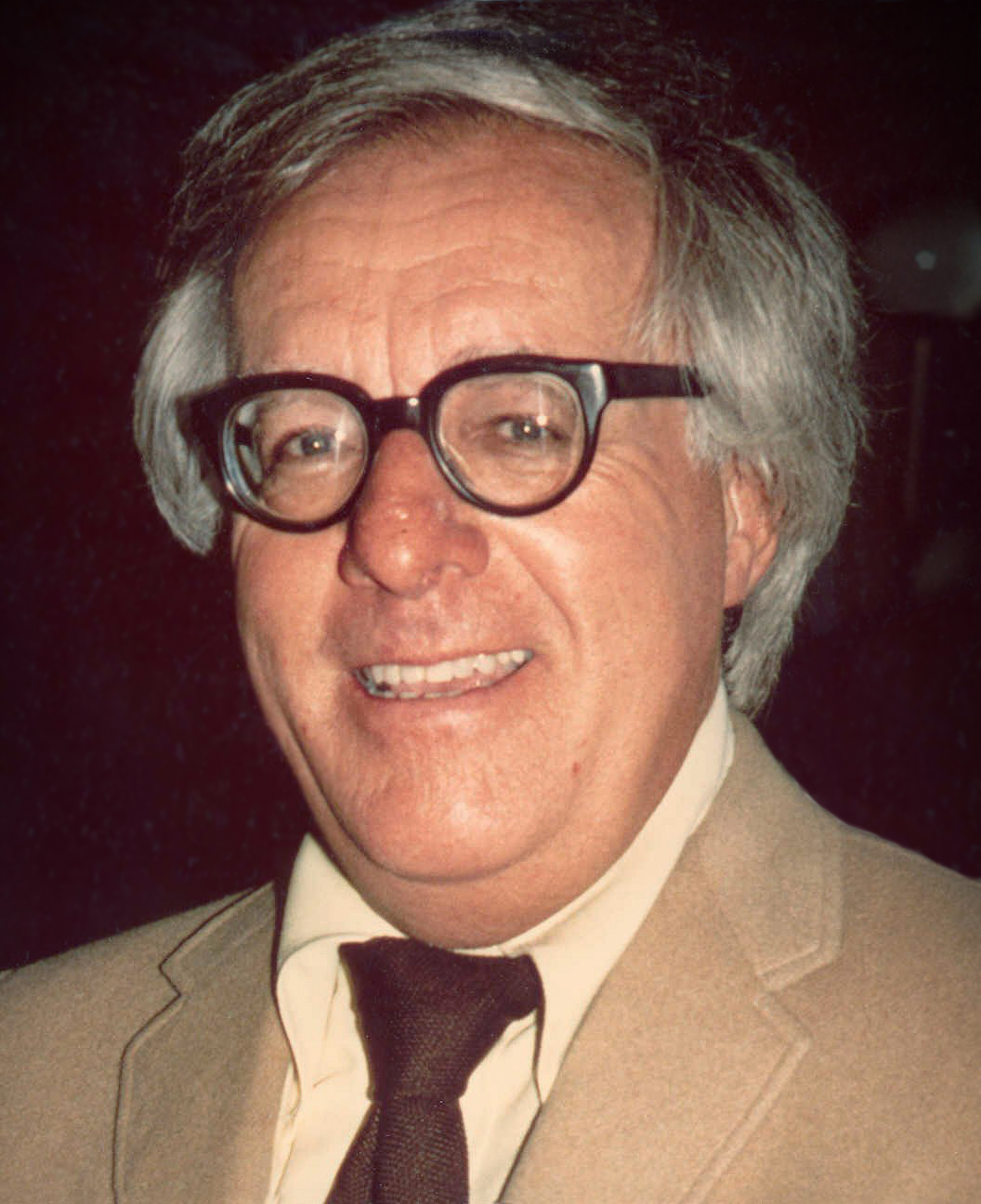As history documents, Ernest Shackleton and his fellow crew members embarked on the Imperial Trans-Atlantic Expedition to walk across the Antarctic continent in 1914. Trapped in ice floes, they were forced to abandon ship several months into their journey and retreat. We struggle, at times, to understand why we're captivated by such endeavors. They failed, after all, and walking across the continent doesn't seem to be an especially worthwhile project. However, there is a measure of catharsis available to all who hear these stories. Just as Aristotle describes the cathartic nature of the theatre, the legends of these explorers bleed us of our insecurities, inadequacies, and hopelessness in the face of seemingly insurmountable anxieties.
us toll free: 1-800-948-5563 international: +1 (843) 849-0283 UK: +44 (0) 1334 260018




